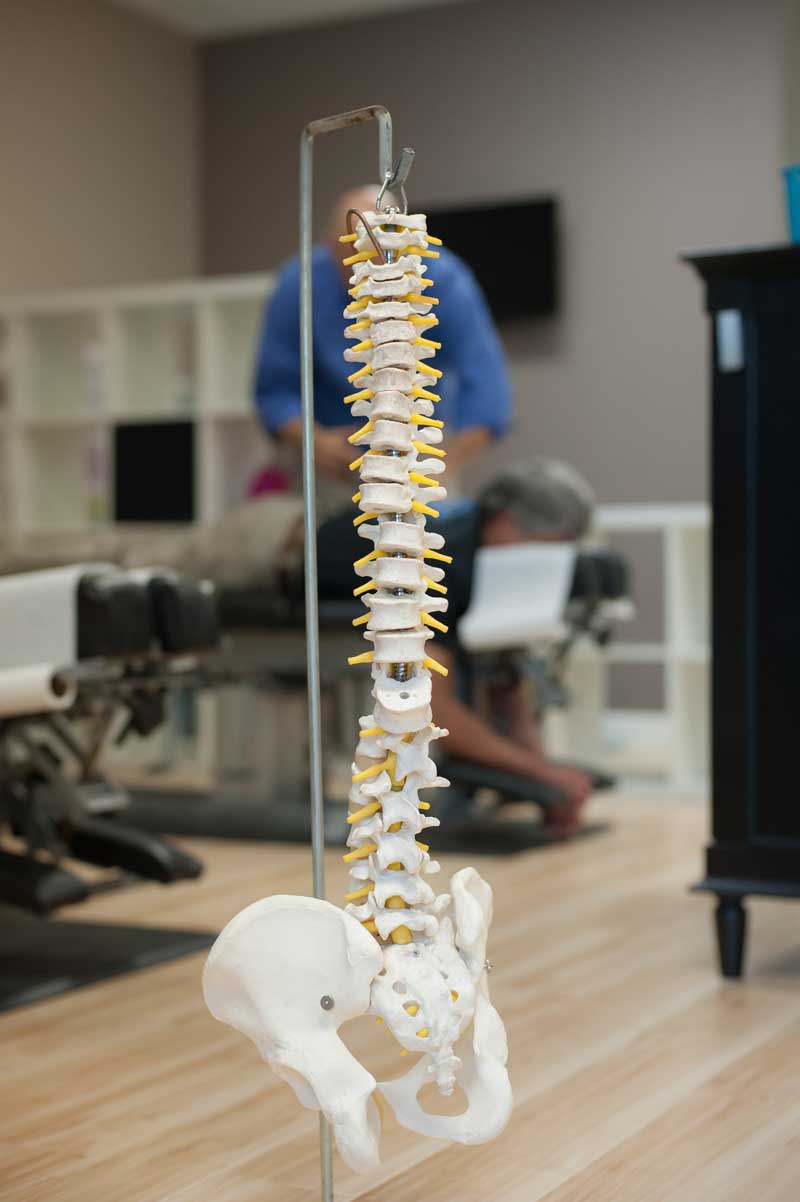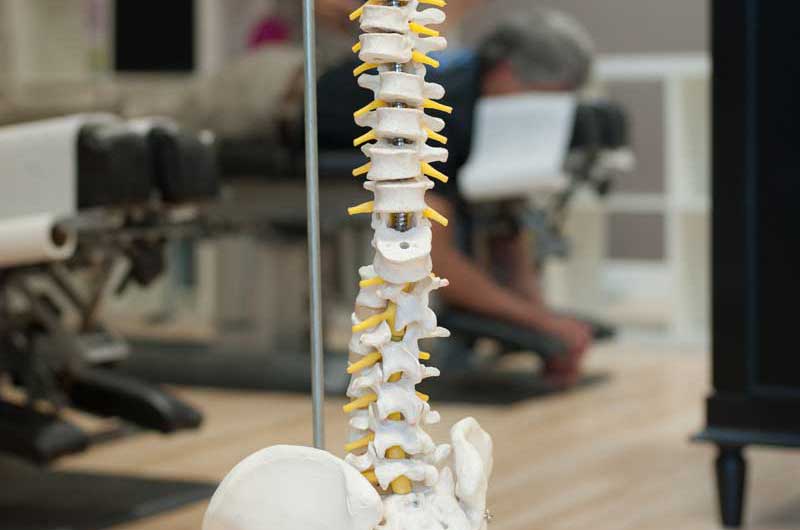Sometimes my friends and family don’t live near my office. Other times my patients are moving out of my area. In both cases, here are the 4 main things I tell them to look for when choosing a chiropractic office. Based on my experience, these are the types of offices that tend to provide the safest, highest quality of care.
1. Subluxation-based practice
 There are a variety of chiropractors with different approaches and different spinal adjusting techniques. Find an office where you feel welcomed and comfortable. It’s also important to find an office where the adjusting methods used suit your preferences. But it is probably most important to find a subluxation-based practice.
There are a variety of chiropractors with different approaches and different spinal adjusting techniques. Find an office where you feel welcomed and comfortable. It’s also important to find an office where the adjusting methods used suit your preferences. But it is probably most important to find a subluxation-based practice.
What is subluxation?
Subluxation is a complex interaction in the spine where the joints, muscles, and nerves interact in a dysfunctional way. Ultimately this interferes with the way nerve impulses are transmitted. Chiropractors who are subluxation-based are concerned with finding the root cause of your problem as well as providing pain relief and ease of motion.
Pain is usually the last sign of an underlying problem and is often the first part of that underlying problem to go away. It makes very little sense to help make someone feel better without also addressing the root cause of that pain. I equate it to running into a burning building and shutting off the fire alarm.
Look for an office that understands the 3 main types of subluxation:
- The dysfunction that can happen at the “segmental level” of the spine (dysfunction in the movement between adjacent spinal bones)
- The dysfunction that can happen at a “regional level” (asymmetric or unbalanced posture)
- The dysfunction that can happen at a “functional level” (improper or unbalanced movement patterns).
Someone who can address all of these types of subluxation has the best chance of finding and addressing the root cause of your issues.
2. Willing to hold themselves accountable to their results
I will rarely adjust a patient without doing some type of imaging beforehand (x-ray, MRI, etc.) because I depend heavily on a bio-mechanical engineering analysis of the spine combined with an analysis of functional movement patterns. Done correctly, I can clearly demonstrate changes to posture and movement patterns through pre- and post-x-ray studies and functional movement testing. At the very least, you should find a chiropractor who does “before and after” testing of some type to validate their results beyond just helping you “feel better.”
3. Have a clear plan for you with goals
Your chiropractor should be very clear with you about what they are aiming for and how they plan to get there. Know the length of treatment, your planned frequency of visits, and how much you can expect to pay out-of-pocket before treatment starts. You should know what tools your new chiropractor will use to measure success.
4. Understand that it’s not just about “cracking bones”
No chiropractor would ever describe their treatment as “cracking bones.” It would be equivalent to describing the delicate process of gall bladder removal as “tearing out your gall bladder.” However, there are definitely offices that put every ounce of their focus on adjusting the spine and don’t address other critical issues like these:
- the upper and lower extremities
- muscle imbalances
- damage or injury to the normal spinal curves
- postural effects
- functional movement patterns secondary to injury
- repetitive asymmetric movement
If you can find an office that provides a way to strengthen your spine, rehabilitate spinal curves to their normal shape, is proficient at taking care of “extra-spinal” issues (such as ankle, knee, shoulder, wrist, and TMJ issues), and gives you tools that carry beyond your time in the office, you’ve definitely found a bonus.
Notice I didn’t mention anything about whether the chiropractor takes your insurance. While I completely understand that there are very real financial considerations with this, I strongly feel that the choice of your chiropractor should never hinge on insurance coverage. Of course, all else being equal, I would opt for someone who takes your insurance. But if the office meets all the above criteria and isn’t in your insurance network, they might still be the best choice in the long run.

